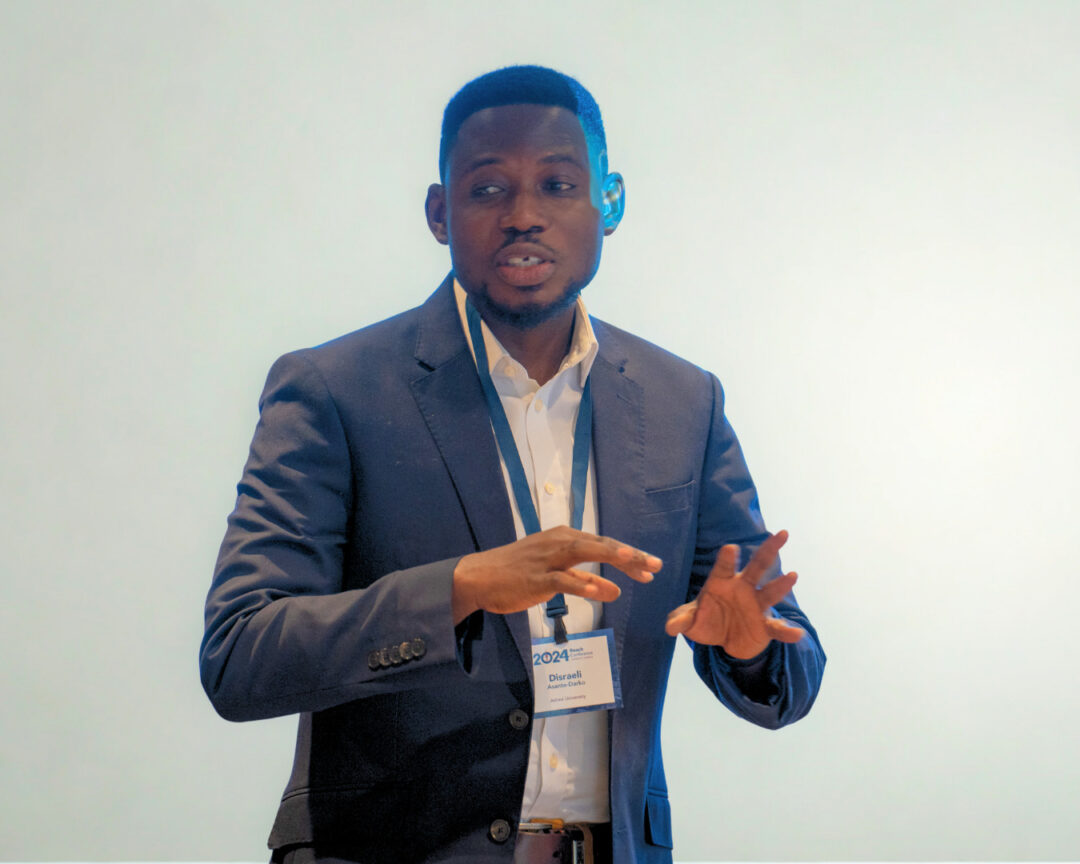Commentaries
Beyond the Targets: Advancing a Theoretical Imperative for the Sustainable Development Goals

Beyond the Targets: Advancing a Theoretical Imperative for the Sustainable Development Goals
Author: Disraeli Asante-Darko, Ashesi University
Building on Mariana Prado’s insightful observation in “Sustainable Development Goals: The End of Theory?, that the Sustainable Development Goals (SDGs) lack a coherent theoretical foundation to guide their implementation, I wish to extend this critical line of thought by arguing that the absence of theory in the SDG framework significantly constrains both its transformative potential and its strategic coherence. While the SDGs have undoubtedly galvanized global consensus around development priorities, they risk devolving into a technocratic checklist, ambitious in scope but conceptually hollow, unless they’re grounded in a more rigorous theoretical architecture.
The SDG Framework: Aspirational Yet Atheoretical
The SDGs are defined by a compelling universality: 17 interconnected goals and 169 targets intended to shape global development trajectories until 2030. Yet despite their breadth and moral urgency, they conspicuously lack a theory of change. They tell us what the world should achieve, but say little about why these outcomes are interlinked, how they might be realized in diverse contexts, or which pathways offer the most systemic leverage. This is not a mere academic oversight. In the absence of theoretical coherence:
- Implementation becomes fragmented and siloed.
- Measurement supersedes meaning.
- Complexity is reduced to linear progress indicators.
- Structural, political, and institutional dynamics are underexplored.
The Role of Theory: More Than Academic Utility
Theories are not ornamental to policymaking; they are critical instruments for understanding causality, anticipating unintended consequences, and enabling contextual adaptation. Their absence leaves global development vulnerable to technocratic drift.
Theories Offer Explanatory Power
Development theories, whether modernization theory, dependency theory, or the capability approach, help elucidate causal relationships. Without such grounding, the SDGs provide little insight into why certain interventions succeed or fail, or why trade-offs emerge across sectors and regions.
Theories Enable Coherence Across Goals
Given the interdependence of development challenges (e.g., how climate change influences food security or health), systems thinking or complexity theory should be essential in mapping out feedback loops and synergies. Yet the current SDG architecture treats goals as parallel ambitions rather than integrated systems.
Theories Support Local Relevance and Adaptability
Context matters. Political economy theory, institutionalism, and postcolonial thought provide tools for understanding how power relations, local governance structures, and historical trajectories shape the implementation of global agendas. Without such frameworks, SDG localization risks being reduced to template-based compliance.
Theories Provide Normative Anchors
Development is not merely about metrics; it is a deeply ethical enterprise. Frameworks like the capability approach allow us to interrogate the moral foundations of “leaving no one behind” by focusing on expanding real freedoms and substantive opportunities, especially for marginalized groups.
The Perils of a Theory-Free Development Agenda
By omitting theory, the SDG framework becomes susceptible to several risks:
- Instrumentalism. The emphasis on indicators can lead to superficial goal achievement, masking deeper structural inequities.
- Goal washing. States and institutions can signal alignment without enacting genuine transformation.
- Operational incoherence. Strategies may conflict or undermine one another, especially when trade-offs are not theoretically anticipated.
Toward a Theory-Informed SDG Reorientation
What is needed is not a rejection of the SDGs, but a strategic reframing, an infusion of theory to strengthen their analytical backbone and guide their practical realization. Several theoretical paradigms offer immediate value:
- Systems theory — for identifying interlinkages, leverage points, and potential spillovers.
- Capability approach — for prioritizing human dignity, agency, and well-being beyond economic indicators.
- Political economy and institutional theory — for diagnosing barriers to implementation and highlighting the role of governance, incentives, and vested interests.
- Postcolonial and critical development theories — for challenging the universality of development narratives and promoting epistemic justice.
From Technocratic Targets to Transformative Action
If we accept the premise that development is complex, contested, and deeply contextual, then we must also accept that theory is not optional; it is essential. Theory enables us to move beyond fragmented targets toward a deeper understanding of transformation. As we continue to implement the SDGs, the question should not only be what do we want to achieve, but how do we know what works, for whom, and under what conditions?
The time has come to complement the precision of indicators with the power of ideas, and to ensure that our global aspirations are anchored not just in ambition, but in understanding.
“While the SDGs have undoubtedly galvanized global consensus around development priorities, they risk devolving into a technocratic checklist, ambitious in scope but conceptually hollow, unless they’re grounded in a more rigorous theoretical architecture.” -Dr. Disraeli Asante-Darko, Ashesi University
About the Faculty Mentor Paper Series
This paper is part of the Reach Alliance faculty reflection series, Reimagining the Future of Sustainable Development, in response to Mariana Prado’s Sustainable Development Goals:The End of Theory? Featuring contributions from leading scholars across the Reach Alliance global academic consortium, the series opens a timely dialogue on the evolving role of universities in shaping the future of sustainable development theory and practice. Developed as part of Reach’s commitment to advancing research-to-impact and fostering interdisciplinary collaboration, these reflections aim to engage higher education professionals in shaping the future of the Sustainable Development Goals.
